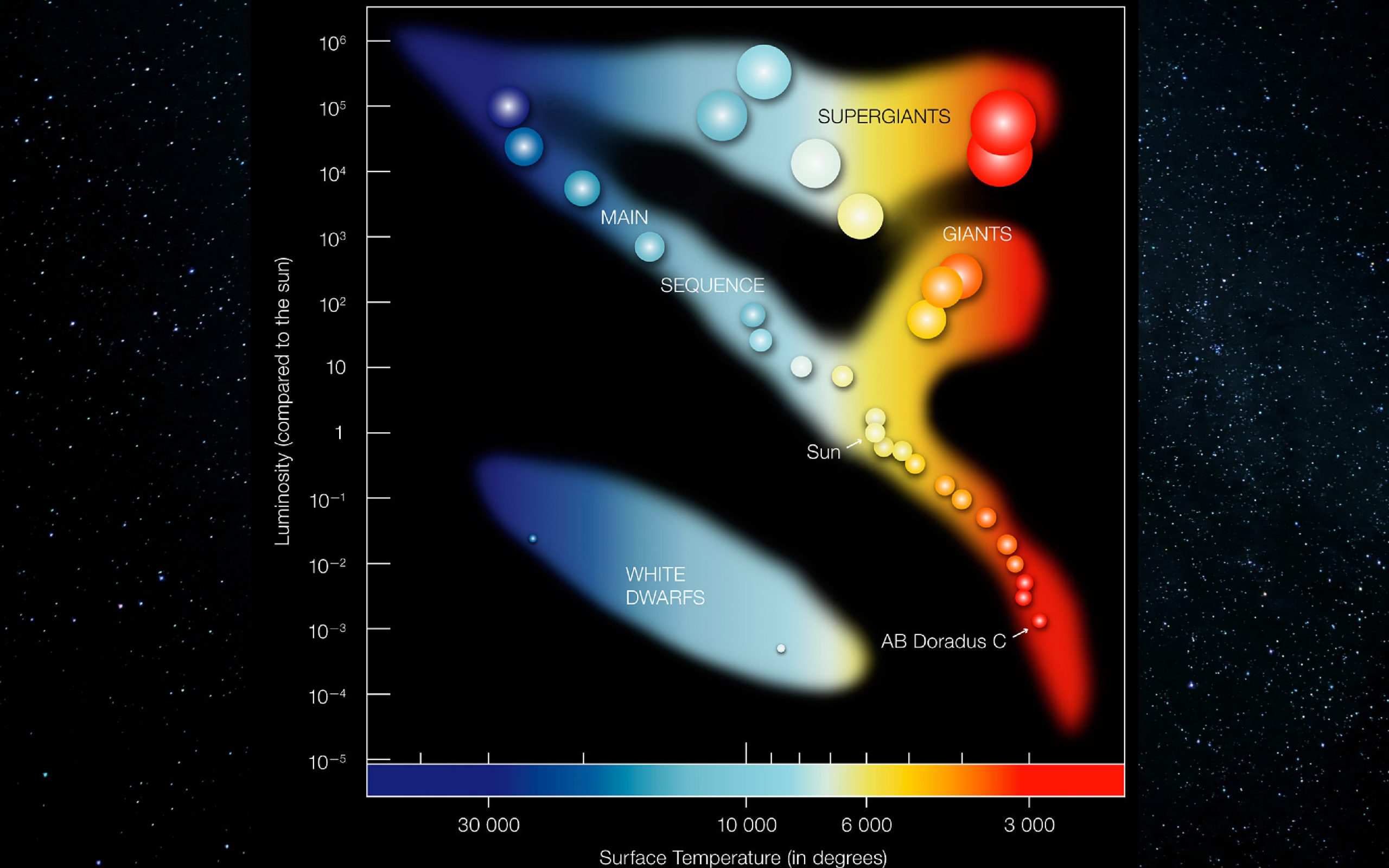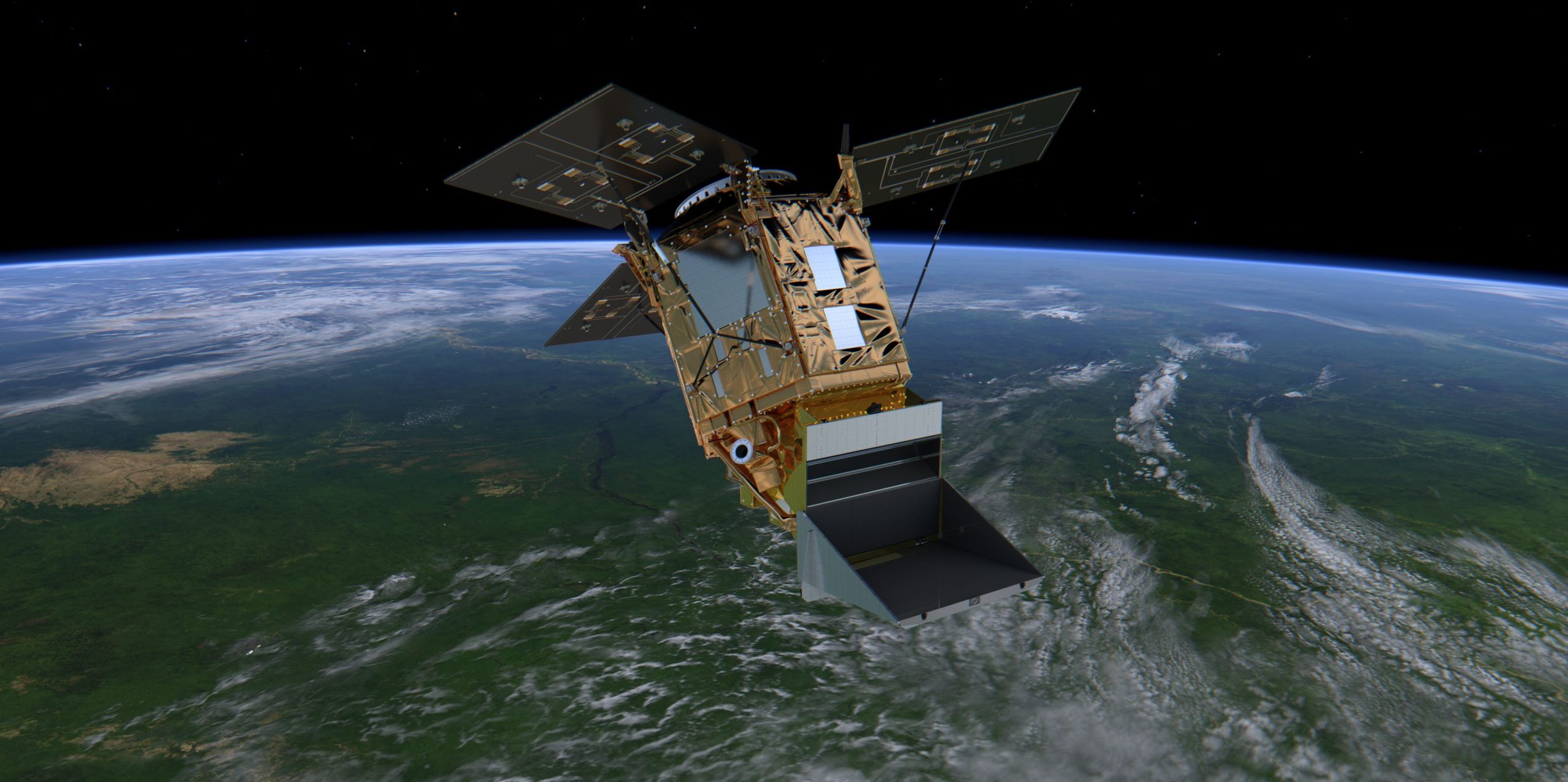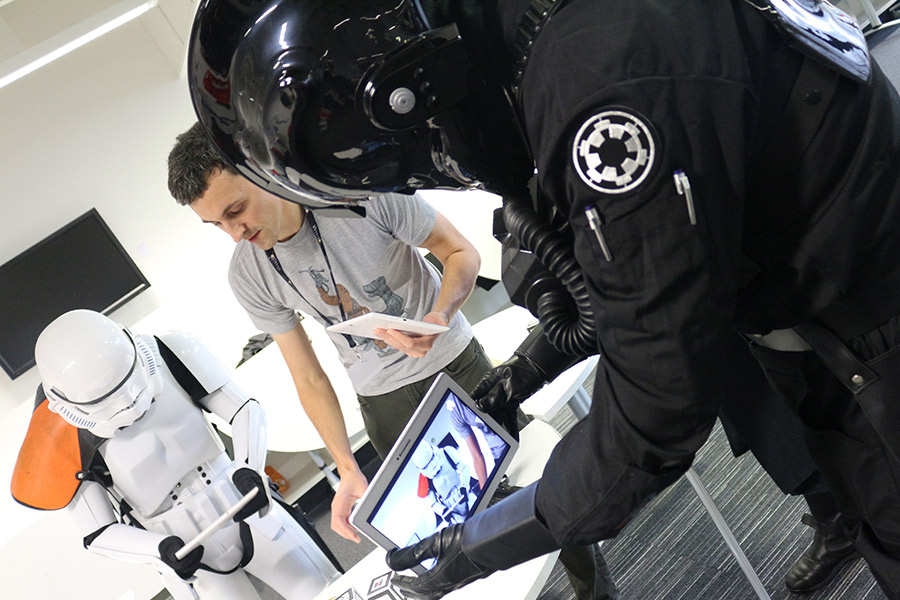
Sandy beaches: connecting land, ocean, and humans
Every tide tells a story. Discover how waves, shells, and even litter reveal clues about marine life and our shared connection with nature.

Article of the week
In Arctic regions, landscapes are changing fast. This has profound effects on their biological systems, but how are communities and their traditional lifestyles affected?
Read more
Every tide tells a story. Discover how waves, shells, and even litter reveal clues about marine life and our shared connection with nature.

From notebook sketches to space-telescope data: explore how mapping starlight using the Herzsprung-Russell (H-R) diagram helps us trace the life stories of stars across the universe.

What can the colours on a satellite map actually tell us about the air we breathe? Join us as we explore how the Copernicus Sentinel satellites detect gases such as nitrogen dioxide, and how chemistry helps us understand what’s happening in the atmosphere above us.
We cover a wide range of scientific topics and many articles are additionally available as translations in different European languages.

Explore cutting-edge science and real-world applications.

Discover projects, people, and resources.

Find ideas and teaching materials for classroom activities.
Articles from previous issues

Build your own virtual particle accelerator with the aid of the acceleratAR app and gain a hands-on, immersive understanding of how these machines…

Learn how you and your students can use mathematics to study Jupiter’s…

Joan Massagué has discovered secrets that can save lives. An expert in cell division and the spread of cancer, he is one of the 50 most quoted…
Discover free events and activities offered by the EIROforum members and other non-profit groups.

EMBL invites STEM educators to join a free in-person course “Epigenetics explained” in Heidelberg, Germany, 2-4 March 2026. Course offers: scientific talks, training on new teaching resource & more. Applications open until 11 January 2026, 23:00 CET.

July 8th- 10th, St Pauls School, London I hope you have enjoyed the microscale chemistry articles that Adrian Allan and I presented in issues, 53, 54,57, 60, 65, and 69. If you are teaching chemistry do have a look at them. Other authors have also submitted ideas in issues 16 and 39. It is a…
Do you have an engaging classroom activity to share with other teachers? Is there an interesting scientific topic that you could explain to STEM teachers and their students? We welcome submissions from teachers and scientists.
Would you like to help ensure that our content is interesting, inspiring and useful to STEM teachers? Consider joining the Science in School teacher reviewer panel. There is no obligation; just send us an email to express your interest.
If you find an article interesting or useful, perhaps you'd consider translating it into your native language? This really helps to increase the reach of our content so that as many teachers as possible can benefit from it.